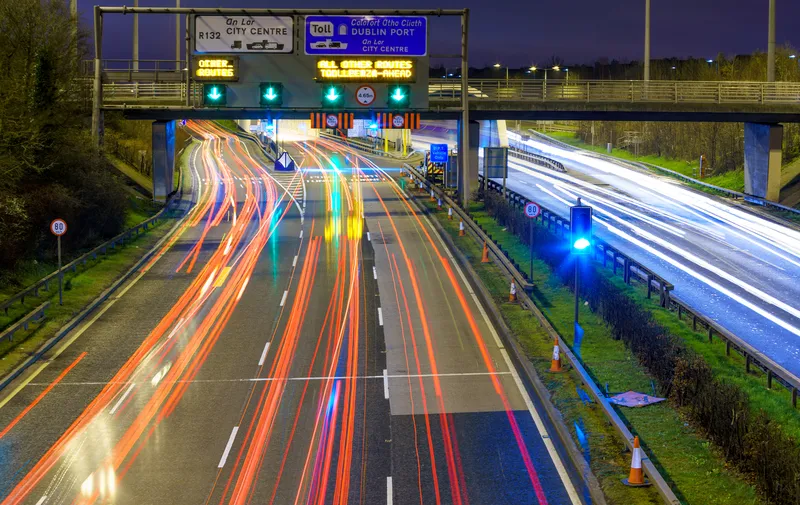Spanish technology provider,
Indian infrastructure company
The first contract includes the supply, installation and start-up of the toll system for the NH-9 motorway, which measures 181 km and connects the cities of Hyrerabad and Vijayawada in the state of Andhra Pradesh. Indra will implement a total of 46 lanes of manual, electronic and mixed toll systems, which include weigh-in motion technology used to classify vehicles.
In the state of Karnakata, Indra will implement its toll technology for the NH-13 motorway in the 97 km stretch between Hungund and Hospet, including a total of 42 manual, electronic and mixed toll lanes, as well as weigh-in motion equipment.
In Rajasthan and Gujarat, Indra will install a temporary toll system, followed by a permanent system, in the Kishanfarh Udaipur Ahmedabad (KUA) stretch of motorway, on the NH-79, NH-76 and NH-8 motorways.
In addition, the company has been awarded a contract by Soma-Isolux Kinshangarh-Beawar Tollway PVT to implement the control centre and the management systems for the 94 km NH-8 motorway that connects the cities of Kinshangarh and Beawar. The contract includes the development, installation and maintenance of the management systems as well as integration of traffic counters, variable message panels, SOS posts, a weather station and closed circuit television (CCTV).
Indra says these new contracts add to its already extensive portfolio of completed projects in more than 45 countries, including the United States, Canada, Mexico, Chile, Brazil, Spain, Portugal, Ireland, Montenegro and China.









